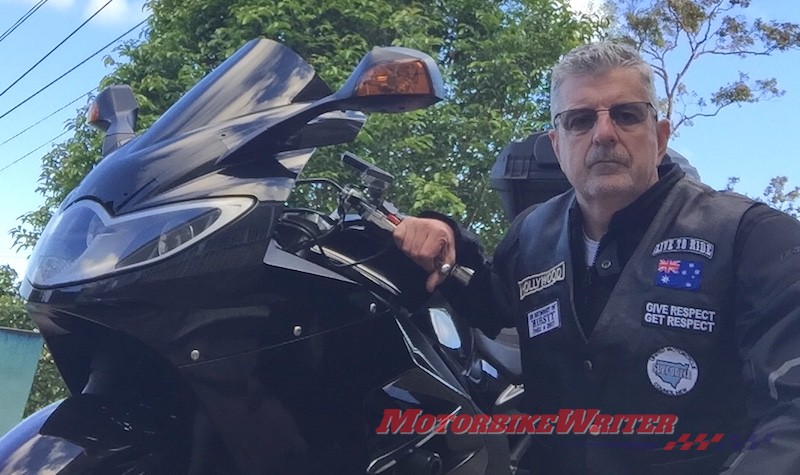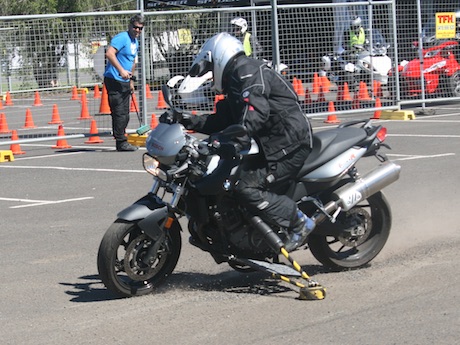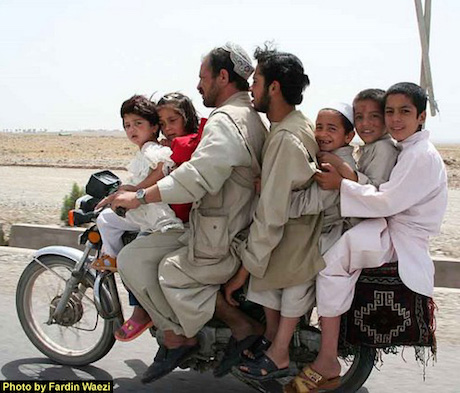Regulations requiring anti-lock braking systems (ABS) on new motorcycle models this year may not have much of an initial impact on the road toll, experts say.
From November 2019, all new motorcycle models sold in Australia over 125cc must have ABS, while bikes with lower engine capacities must have either combined brakes systems (CBS) or ABS.
But don’t expect a sudden drop in crash deaths, despite the Federal Government declaring it can reduce motorcycle-related road trauma by more than 30%.
That’s mainly due to the fact that most new motorcycles sold in Australia are already fitted with ABS because Europe has had ABS laws since 2016 and Japan introduced them in October this year.
There has been no subsequent decrease in the motorcycle road toll in Europe in the past two years, so we are not sure why our government would assume a magic drop by almost a third in Australia.
Motorcycle Council of NSW chairman Steve Pearce disputes the affect of ABS on the road toll.

“The statistic of 30% is a vehicle-based figure. How many motorcycle crashes involve front-end loss of braking?” he asks.
Critics of ABS say it gives riders a false sense of security that the technology will save them.
In 2016, university safety researcher Ross Blackman criticised a VicRoads brochure that stated: “A motorcycle with ABS enhances your riding skills and techniques by preventing the wheels from locking, skidding and sliding under.”
Quite simply, no technology makes you a better rider. It only helps compensate for poor skills or emergencies, he said.
The VicRoads brochure also suggested riders retro-fit ABS, but there is no known aftermarket product.
VicRoads apologised for the misleading information and error when we pointed them out.
ABS is simply no substitute for good rider skills and the only way to get them is through training and practice.
ABS regulations

The new Australian ABS regulations only affect new models made from November 2019.
All other existing models won’t need to be upgraded to ABS until November 2021.
(The laws only affect new motorcycles made after these dates. It is not retrospective.)
There are exemptions for enduro, trials bikes and trail bikes under 250cc.
If the bike has switchable ABS, the default setting when the bike is turned off and turned back on again will be for ABS to be active. We do not know of a motorcycle that allows ABS to switched off on the fly.
Click here for the full regulations.
CBS is described as any braking system where one control pedal or lever activates some portion of the brakes on front and back wheels.
ABS regs worldwide



While ABS is becoming mandatory around the world, the USA has no such requirement.
Europe: Mandatory ABS for all new models above 125cc from January 2016 and for all existing models above 125cc from January 2017. 50cc can have ABS or CBS.
Japan: ABS on new models above 125cc from October 2018 and all existing models above 125cc from October 2021. 50cc must have ABS or CBS.
India: ABS >125cc on new models from April 2018 and all models >125cc from April 2019. Under 125cc ABS or CBS.
China: New models >250cc from July 2019 and existing from July 2020 must have ABS on front and rear wheels. Under 250 ABS or CBS.
Brazil: ABS for 300cc and above ramping up from 2016-19. Below 300cc ABS or CBS, off-road excluded.



